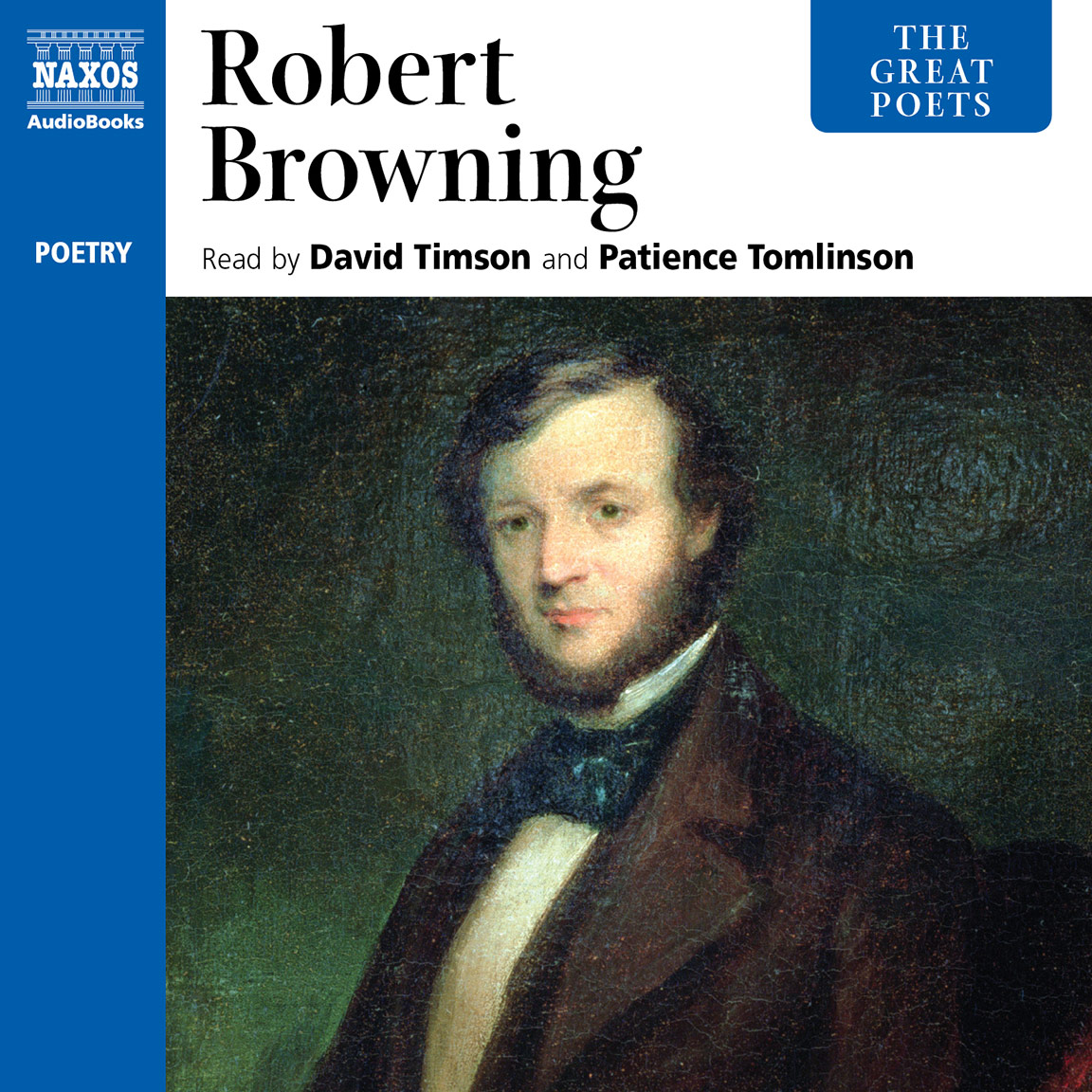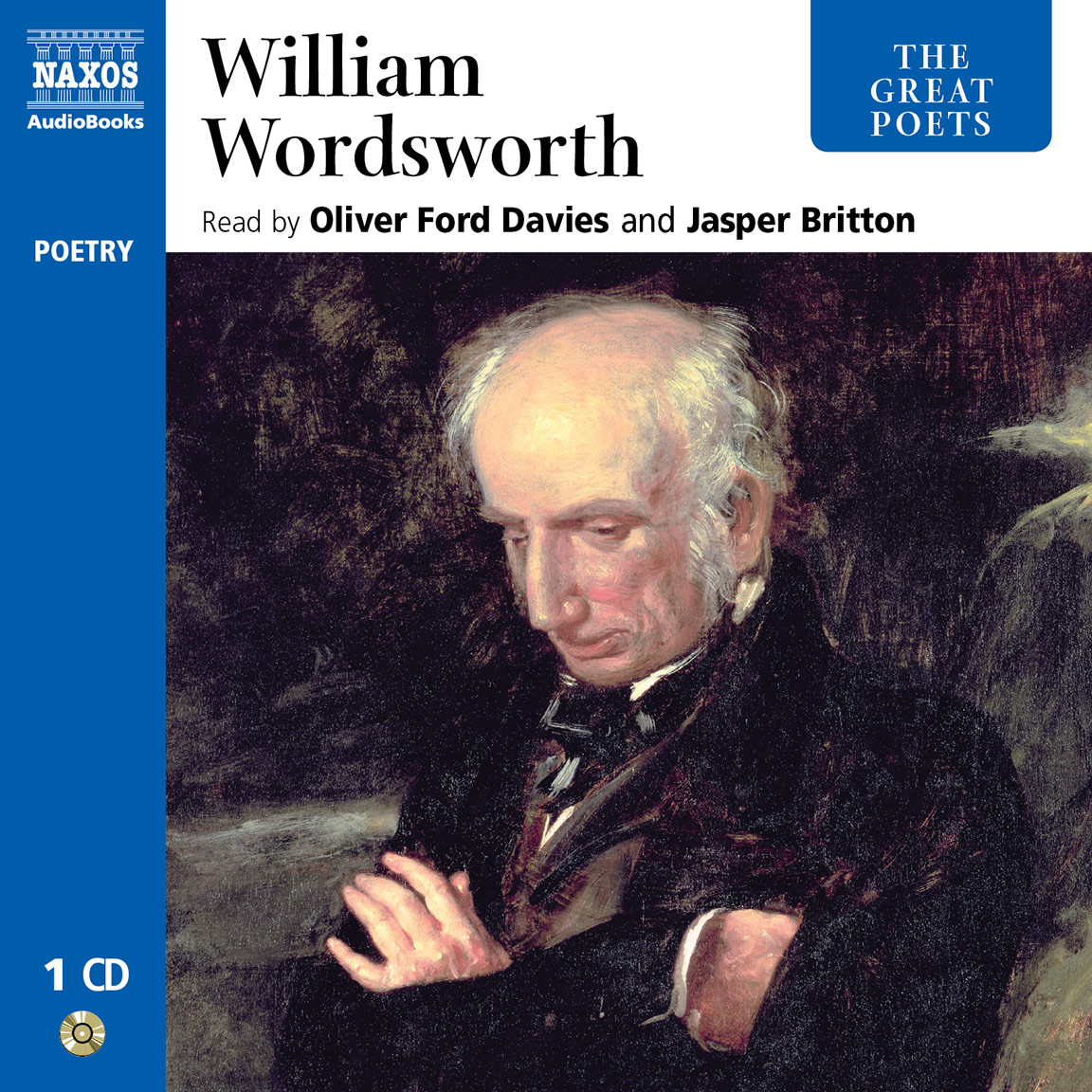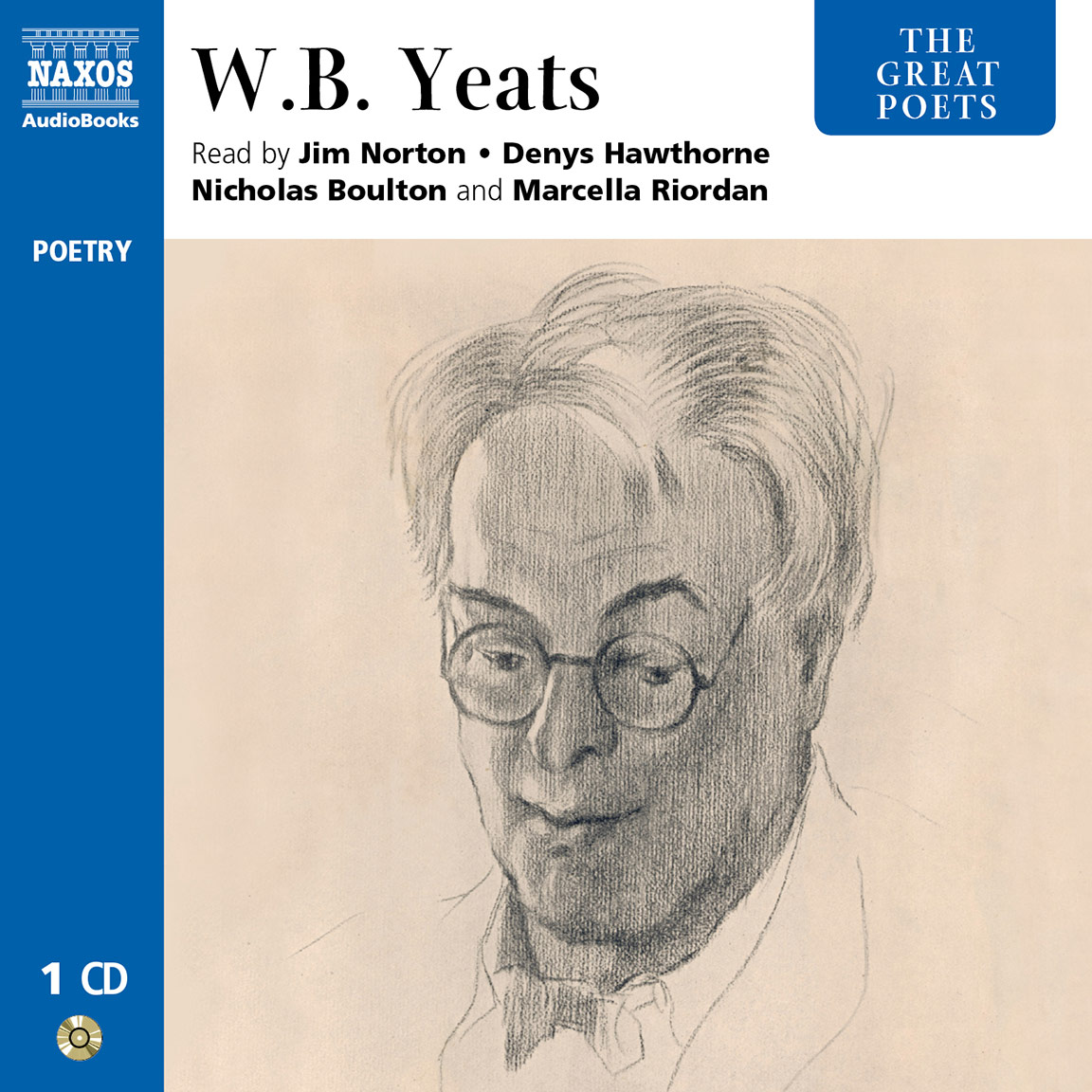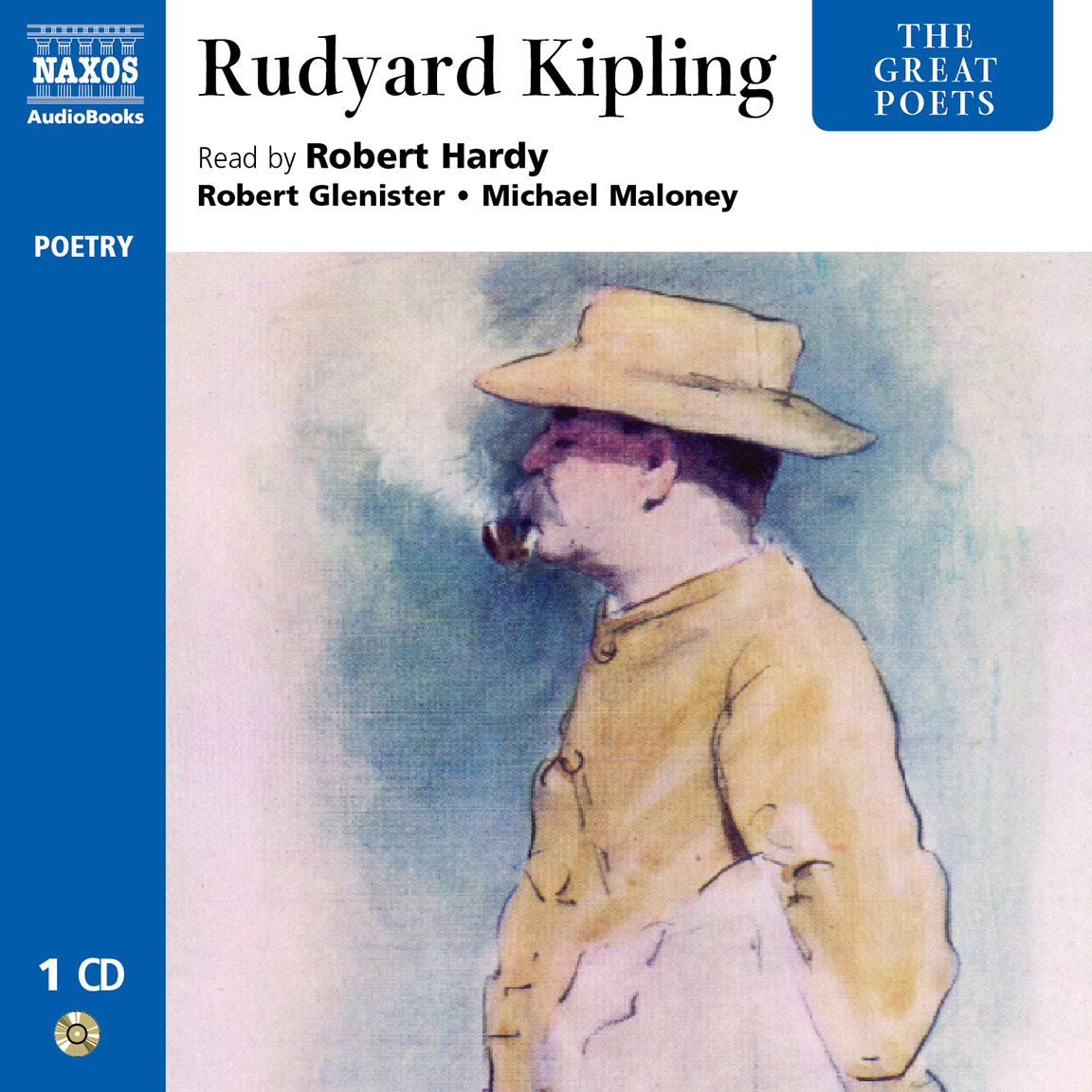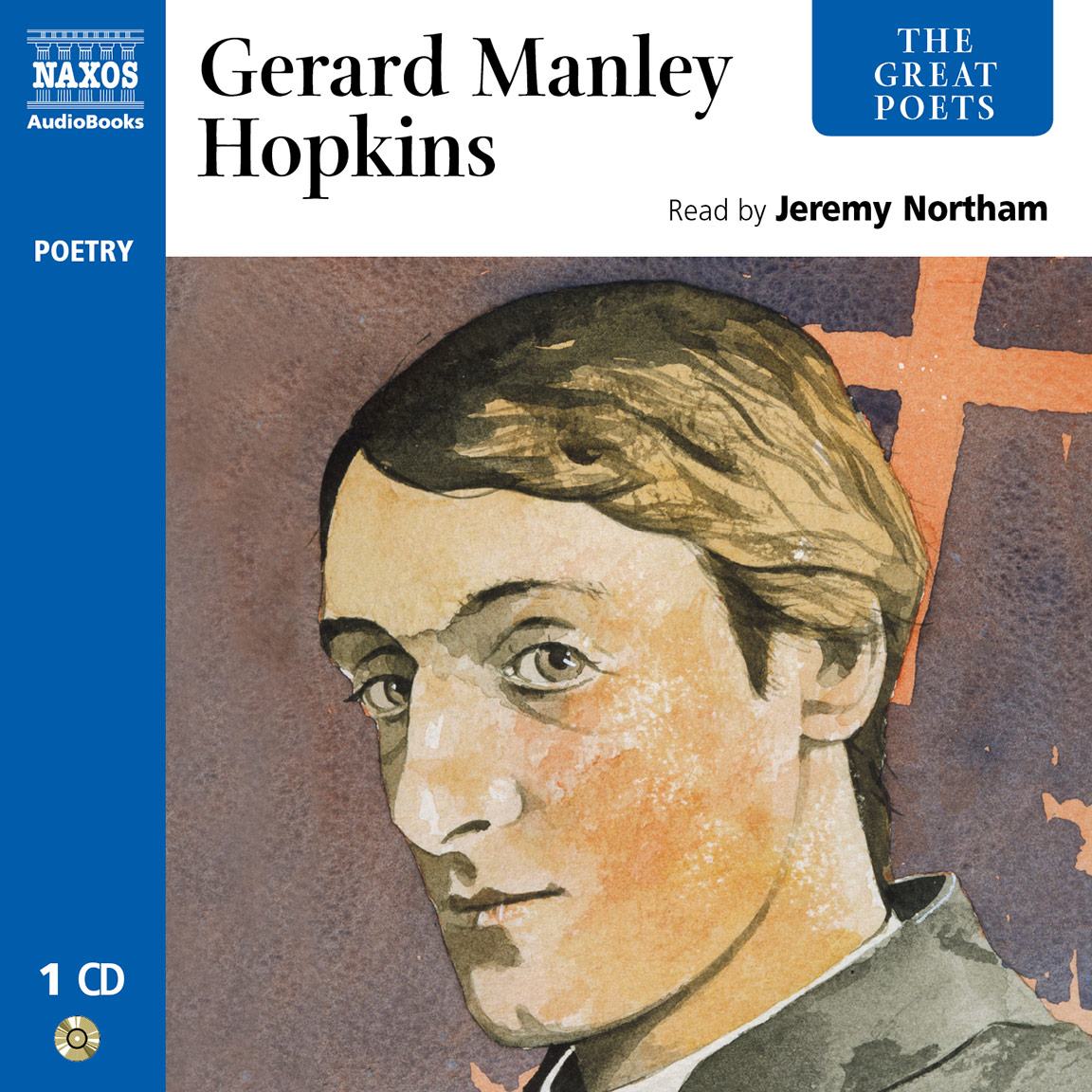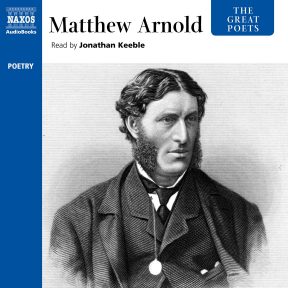
Audio Sample
Matthew Arnold
The Great Poets – Matthew Arnold
Read by Jonathan Keeble
selections
Considered the bridge between romanticism and modernism, Matthew Arnold wrote verse that is simple, unadorned and straightforward. From the hypnotic and beautiful lines of Dover Beach to the pastoral narrative of The Scholar Gipsy, Arnold cast a gaze at the main intellectual issues of the nineteenth century while giving a timeless insight into man and nature. This collection covers his major poetic works, including the narrative poems, sonnets and elegiac poems, illuminating the lyricism and serenity of Arnold’s best poetry.
-
Running Time: 1 h 18 m
More product details
Digital ISBN: 978-1-78198-057-6 Cat. no.: NA0271 Download size: 30 MB Produced by: John Foley Edited by: Andrew Riches BISAC: POE005020 Released: August 2017 -
Listen to this title at Audible.com↗Listen to this title at the Naxos Spoken Word Library↗
Due to copyright, this title is not currently available in your region.
You May Also Enjoy
Included in this title
- Dover Beach
- Desire
- Longing
- A Summer Night
- Consolation
- Philomela
- A Dream
- The Scholar Gipsy
- East London
- West London
- Thyrsis
- Immortality
- Growing Old
- A Wish
- Bacchanalia; Or, The New Age
- A Modern Sappho
- The Hayswater Boat
- The River
- Human Life
- The Buried Life
- Austerity of Poetry
- A Farewell
- Requiescat
Reviews
Matthew Arnold’s poetry is not widely read today, except for Dover Beach and perhaps The Scholar Gipsy, but this selection shows the strengths that made him popular in the nineteenth century. Jonathan Keeble’s readings are romantic, as the poems are, and they show the result of careful thought. Arnold’s writerly craft and ideas come through. Keeble reads the antique diction and Romantic ideals as they might have been first heard, even if those qualities are no longer in fashion. The contemporary audience for Arnold’s poetry is probably rather specialised, but these texts helped shape later poems and thinking about poems. Keeble gives us a more than worthy introduction to an important mid-Victorian artist.
D.M.H., AudioFile
